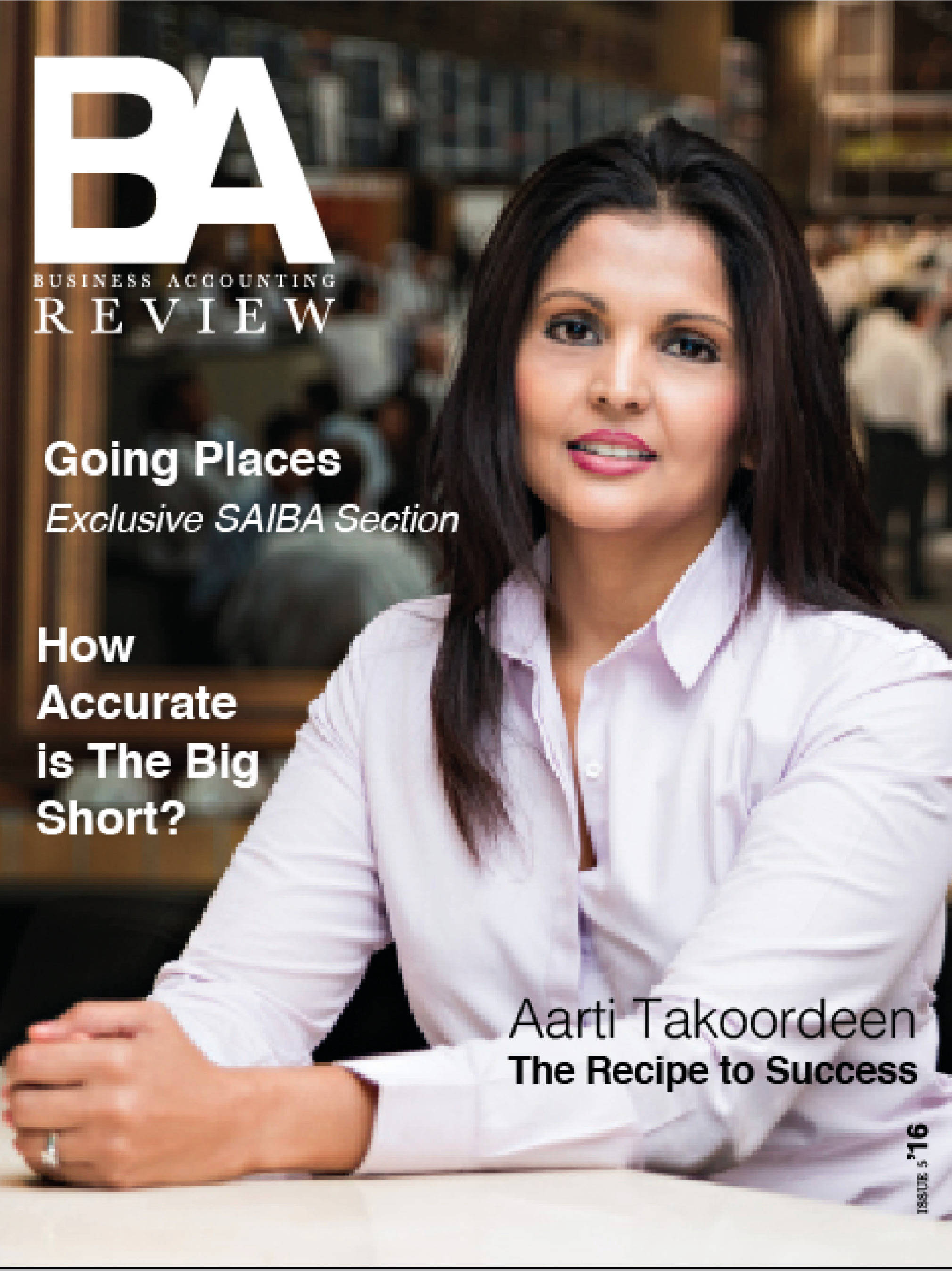In the Chimp Paradox, a mind management program developed by Prof Steve Peters, our brains are represented as having three distinct centres: emotional, rational and memory. The analogy is that of three party system consisting of a chimpanzee, a human and a computer filling the space between our ears.

A chimpanzee is a wild animal driven by instinct. Basic survival instincts are the driving force in this centre: intuition, survival and procreation. These are very strong and can easily overpower the rational and memory centres. Interestingly, all sensory information first pass through our emotional centre before reaching the human and computer.
Our first reaction to anything is very often one of flight, fight or freeze. Our human and rational brain has the ability to analyse and form conclusions based on facts and circumstance. Concepts of justice, fair-play, and equality are found here. The memory is where we store past experiences, knowledge and where we perform calculations.
A similar approach to understanding human actions and reactions is provided by Simon Sinek and Daniel Kahneman, who brings this theory back to business.
According to Sinek when we develop our business and marketing strategies we should answer three key questions in the following order: Why do we offer the product? How do we offer the product and What does the product do? Kahneman identifies a system of Thinking Fast and Thinking Slow, which correlates to easy and intuitive thinking versus slow and considered thinking.
Taking these theories out to the real world, will enable us to better structure our communication with clients to obtain positive results. A website, an email campaign, a brochure or a telephone call, seeking new business should always speak to the clients emotional centre. Our message should speak to the client’s basic instincts and feelings: Are we making them feel safe? Do they experience us as in their corner or tribe? If their emotions accept our offer, we can move on to speaking with their human brain. Explain your experience, qualifications, professional designations, capabilities and expertise to the rational brain. Talking detail to a chimpanzee will either make it run away, argue or look confused. Once the chimpanzee and the human accepts the proposal then the computer will automatically buy the product.
Don't start talking about which accounting or tax services you can offer. It’s the last thing you do. Connect with your potential clients emotionally, talk to them rationally and then conclude the deal by agreeing the service.
We apply the chimp paradox method to the BA Review and came up with the following formulae.
The BA Review showcases and celebrates your organisation’s influence in Southern Africa. It is a web-based magazine updated with weekly interviews and campaigns. Once a year we publish a printed edition with the best stories and experiences of that year. It includes specific business and accounting interviews with regulators, government officials, CFOs, financial managers, accountants, technical experts, members, and lifestyle gurus.
We look forward to feedback from your chimp, human and computer in assessing this new approach to the BA Review.
With chimp love

